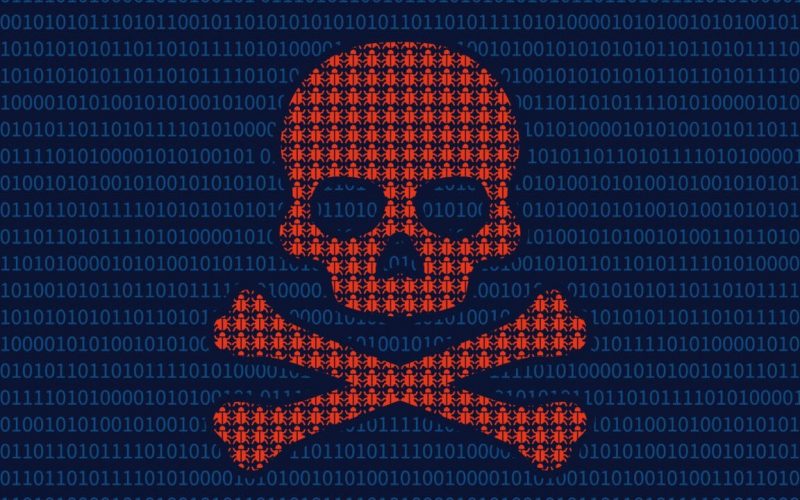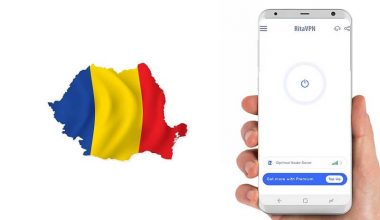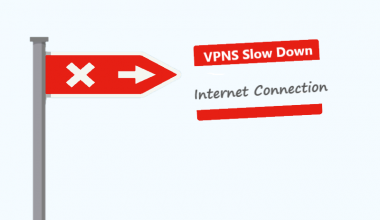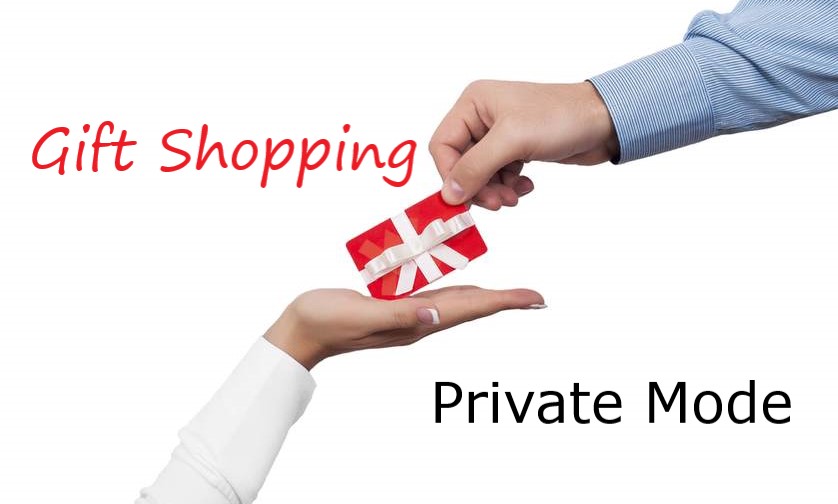- How is your privacy leaked?
- Bad Internet behaviors
- 1. Use the same password for different accounts.
- 2. Use search engines that keep track of each of your Internet searches.
- 3. Download software from unknown sources.
- 4. Use public WiFi in public places (such as coffee shops, airports, etc.).
- 5. Use WiFi password hacker.
- 6. Always leave your phone’s WiFi on.
- 7. Enter your passwords on others’ computers.
- 8. Use free VPNs. Free VPNs just don’t worth your trust.
- 9. Rely too much on cloud storage services.
- 10. Leave your computer unlocked when you are away from it.
- Conclusion
The Internet is created by human beings to serve us. However, there are all kinds of tricks and frauds on the Internet. You can easily be fooled into revealing your sensitive data. And you can hardly be sure that the other person you are chatting online is the person you think it is.
“On the Internet, nobody knows you’re a dog.”
This Internet is very insecure. The reason why you are not hacked probably is that you are not a valuable target for hackers. Or you even don’t know that you were hacked.
How is your privacy leaked?
1. Hacker
Hackers perform various attacks to service providers or Internet users to collect user data. They have collected large libraries of data beyond your imagination. Many bad Internet behaviors can lead your private data to the wrong hands.
2. Service provider
Service providers can collect user data with ease. If this is done to analyze user data to improve service, it is acceptable. But some service providers may use it for malicious purposes, such as sell it to others. If that’s true, your privacy is compromised.
Most of us can’t stop service providers from collecting our data. Sometimes we have to use these services because we have no other choice.
Bad Internet behaviors
Nowadays, there are all kinds of Internet-enabled devices in life, such as mobile phones, tablets, computers, routers, smart speakers, smart cameras and so on. Even the washing machine can connect to the Internet. And online fraud emerges one after another. If you are not careful, your privacy will be exposed. Good Internet habits can be used to protect your privacy. For the sake of your privacy and security online, RitaVPN has listed some bad Internet behavior that you should avoid.
1. Use the same password for different accounts.
This is often done for convenience. Although the password is hard-to-crack, it should only be used for one account. And it is strongly recommended that you change your passwords regularly.
If you find it difficult to create strong passwords and remember all of them, you can turn to reliable password managers for help.
2. Use search engines that keep track of each of your Internet searches.
It is terrible if the search engine you are using sells your data to others with malicious purposes. Check Best Search Engines for Privacy in 2020 if you are looking for search engines focus on user privacy.
3. Download software from unknown sources.
It is extremely dangerous because you are not sure the software is safe or not. Although it is free, there might be malware that will cause damage to your privacy.
4. Use public WiFi in public places (such as coffee shops, airports, etc.).
Public WiFi is the hotbed for hackers and cybercriminals. They can perform attacks to any member of the same public WiFi with ease. Of course, you can use public wireless to do some web browsing that is not private if there are no other choices. At the same time, you should avoid account login and others that may reveal your privacy.
5. Use WiFi password hacker.
WiFi password hacker can cause data leakage because some of them automatically share every WiFi you connected to. When you are back home, your own wireless WiFi will be shared with other users of the app. This is terrible.
6. Always leave your phone’s WiFi on.
If you enable your phone to connect to WiFi at any time, you may connect to dangerous WiFi when you go out. There are many wireless networks outside, some of them are built to compromise user privacy. So, it is safe to turn off your WiFi connection in public places.
7. Enter your passwords on others’ computers.
Well, you know it should be avoided. But you have to do this sometimes. It would be safer if you use the Incognito mode. When entering your password on your device, you should also check if there is any camera nearby.
8. Use free VPNs. Free VPNs just don’t worth your trust.
Since paid VPNs charge their users to make profits, free VPNs need to find other ways to make money. They collect user data and record user activity without their permission. Then, they will sell the collected data to third-parties to get revenue.
To ensure your privacy and security on the Internet, you should use the best VPN. RitaVPN is highly praised for its military-grade encryption and fast speed. What’s more, it protects you from hackers and cybercriminals.
9. Rely too much on cloud storage services.
Some cloud storage services are not reliable to store private data. They don’t offer encryption protection for your files, image, and other data. Thus, you should use the Best cloud storage service.
10. Leave your computer unlocked when you are away from it.
It means that you leave your door open when you go out. How dangerous it is!!! Do remember to lock your computer if you have to leave it to do something else.
How to Watch 2020 Women’s T20 World Cup from Anywhere?
Best Tech Gift Ideas for Women’s Day in 2020
WiFi Password Hacker Cause Data Leakage
Shadowsocks vs. VPN: Which One Do You Prefer?
What’s Coming to Disney Plus in March 2020?
What’s Coming to Netflix in March 2020?
Conclusion
The Internet is insecure. but we can’t do without it. Everything has two sides. If you keep on doing the aforementioned things, you will be more vulnerable to data breaches. So, don’t believe something if it is too good to be true and always use a VPN to protect yourself online. As long as we take precautions and protections while surfing the Internet, we can still enjoy the convenience brought by the Internet.






